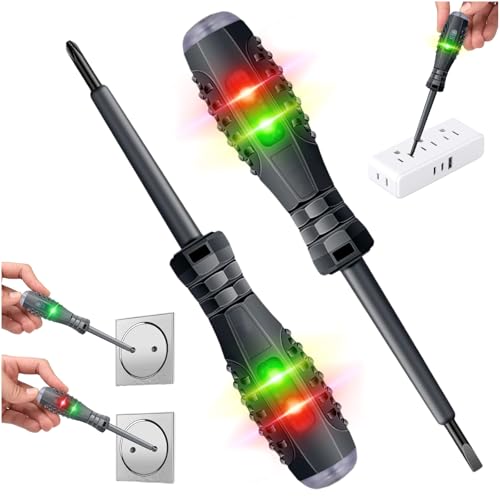- Joined
- Mar 28, 2008
- Messages
- 14,639
- Reaction score
- 1,318
I'm not so sure its completely irrelevant, we know that that sockets being without RCD protection is non-compliant with today's regulations and has been for twelve years, so there is an issue to record, but by what metric do we use to decide what to code this as, we could look to earlier versions of the regs for a clue towards how to judge the factors that make it more (or less) of an issue, consider that for almost two decades you had to provide RCD protection for sockets for outside use, but others were alright without, and logically that makes sense, there is potential for all kind of accidents with cut mower flexes and damp extension leads, etc.
Yes, we I&T to the current regulations, but there is some wisdom in the older versions showing how things evolved to where they are today that is useful for judging just how much of a problem something might be in practice
Of course @Andy brings up an interesting point, if you have an installation that was competely compliant with the regs at one point, has not been altered or damaged in any way, how many years is too few for it now to be unsatsifactory, perhaps there is a mental stumbling block to get over, with having difficulty accepting anything that was compliant while I have been in the trade as unsatsifactory, however I'll have to get over that one sometime between now and when I get to deke's age age (he probably remembers installing fuses in neutrals (j/K))
But what is your answer to the other part of my point?
It's one of those arguments where you have to consider a scenario when you have issued an EICR as satisfactory..
But then someone get seriously injured due to an electrical socket fault, where an RCD would have reduced/eliminated the injury...
What is your defence to the prosecution who quote reg 411.3.3 at you?
Compliance -vs- non-compliance and deciding if something is satisfactory or unsatisfactory, is a personal evaluation by the inspector following the current guidance of BS7671, whilst taking into account previous versions, age of the installation, and its proposed normal use.
{ read the opening pages of guidance note 3. }
I don't think there is a single answer for every installation.. as every job itself is different...
Which is why you will not get an idiots guide book saying what codes must be issued etc..
And rented properties can be more of a potential hazard due to the nature of the users, rather than the installation..
So the same installation could be more of a hazard due to the potential users... not just the wiring itself.
If we consider three installations similar to the one like Deke's asking about..
Assuming they were all the same age and compliant when they were installed..
a) A reasonably old installation that is know to be rented out...
No previous records available,
No indication of when it was last tested,
No shock protection fitted..
b) A reasonably old installation that is know to be rented out...
No previous records available,
No indication of when it was last tested,
Does have RCD shock protection fitted..
c) A reasonably old installation that is know to be rented out...
Regularly inspected & tested,
All previous documentation and testing records available,
but no shock protection fitted..
In my opinion installation (a) is a greater potential hazard than either (b) or (c)..
as faulty cables, accessories, appliances etc, can all be detected easier by either RCD's or frequent inspection & testing..
Looking at it from another perspective..
If your elderly parents were living at this property.. Or one of your children had just moved in with their partner & new-born baby..
Would you with your knowledge, be pushing them to get the landlord to upgrade the fuse-box and implement more regular testing..
or would you just leave it saying its all ok and safe enough?
The bottom line question you as the inspector have to decide is ..
"Do you think the installation is satisfactory for continual use, until its due for the next recommended inspection for the duration you have put in the box on the paper you have signed?"
Guinness
































































